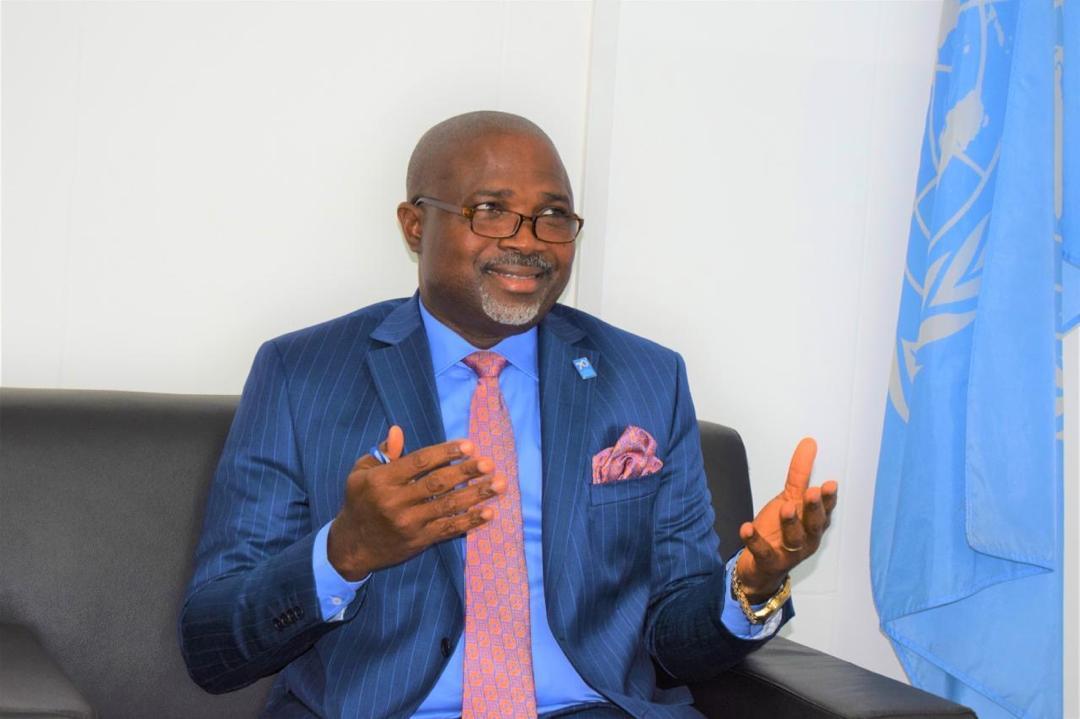
International human rights scholar and former United Nations Envoy, Professor Uchenna Emelonye, has called for a legally binding framework that would compel companies in Nigeria to integrate human rights protections into every stage of their operations.
Prof. Emelonye, who is the Chief Executive Officer of AfriRIGHTS and a Professor of Law at Bournemouth University, United Kingdom, made the call during the United Nations Business and Human Rights Panel Discussion held on Thursday, November 6, 2025, under the theme “From Policy to Practice: Operationalising Human Rights in Nigeria’s Industrial and Energy Transition.”
He emphasized that the time had come for Nigerian businesses to align profit-making with human rights standards, labour protections, and environmental sustainability, arguing that companies must prioritize the welfare of workers, communities, and consumers alongside their economic objectives.
“Businesses in Nigeria must act responsibly and embed human rights due diligence into their corporate culture. A mandatory Human Rights Impact Assessment should guide every business project from design to closure, ensuring restitution, restoration, and accountability in cases of violation,” Emelonye said.
Citing the mining sector as an example, he noted that host communities often suffer long-term environmental and social damage after extraction activities end — a pattern that would be curbed if human rights were mainstreamed into the business lifecycle.
The Professor further urged civil society organizations to evolve beyond the traditional “watchdog” approach and become co-designers of enforceable remedies that guarantee tangible justice for affected communities.
“Civil society must move from counting reports to counting results — such as the number of enforceable agreements reached, community-led remedy frameworks implemented, and measurable restitution outcomes,” he stressed.
Moderated by Adwoa Kufuor-Owusu of the United Nations Office of the High Commissioner for Human Rights (OHCHR), the panel brought together global experts, including Dr. Ayo Sotinrin, Managing Director of the Bank of Agriculture, among others. Discussions centered on developing practical tools for governments, businesses, and civil society to integrate human rights due diligence, foster social dialogue, and establish effective remedy mechanisms in Nigeria’s evolving industrial and energy landscape.
Prof. Emelonye concluded that embedding human rights within business operations is not just a moral imperative but a strategic pathway toward an inclusive, rights-respecting, and globally competitive Nigerian economy.



